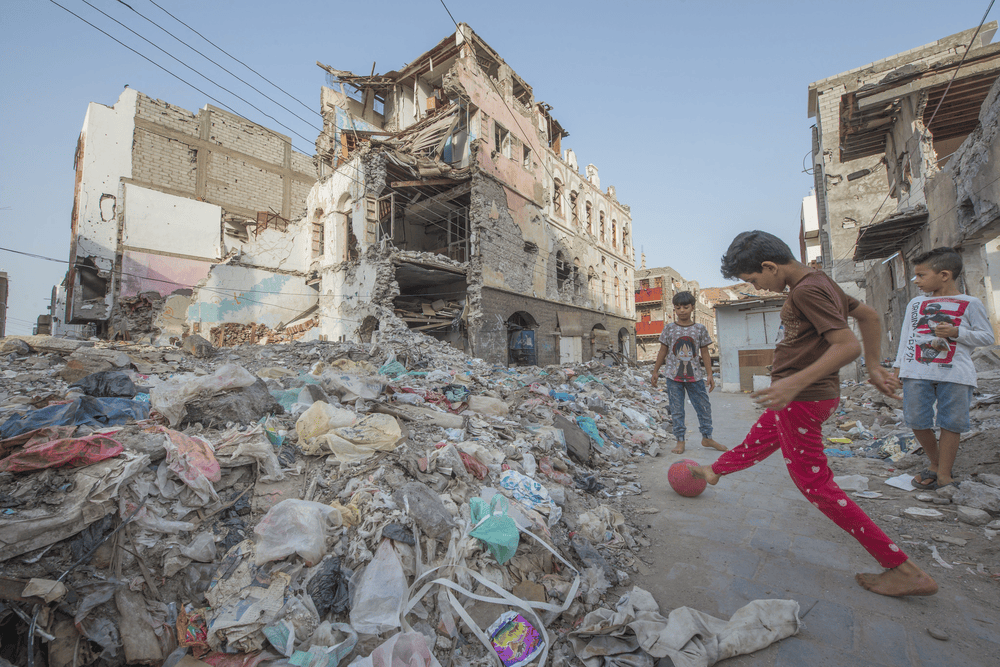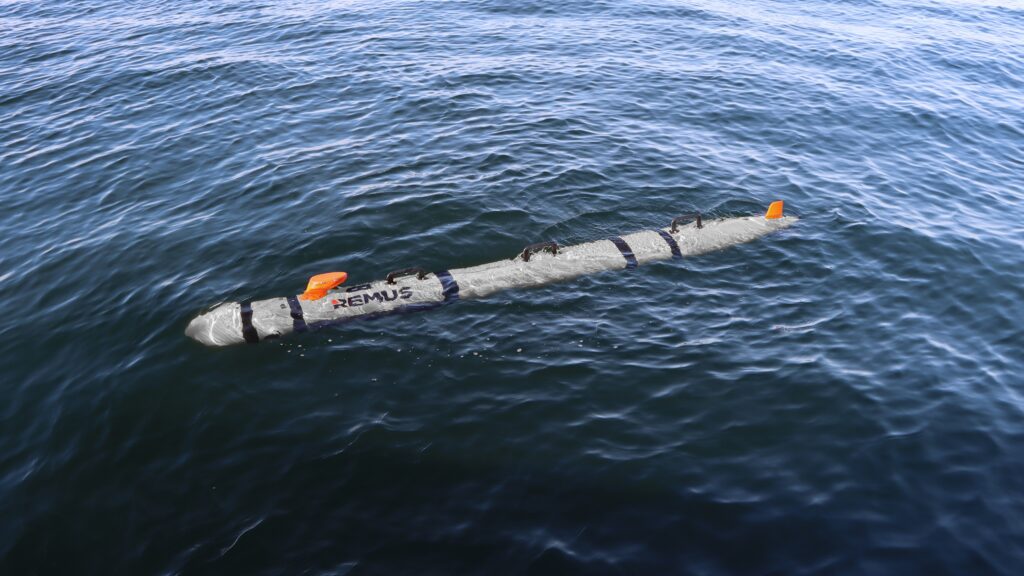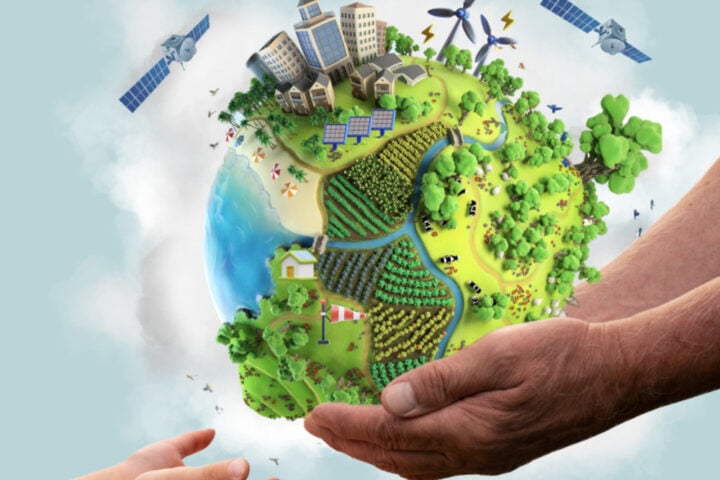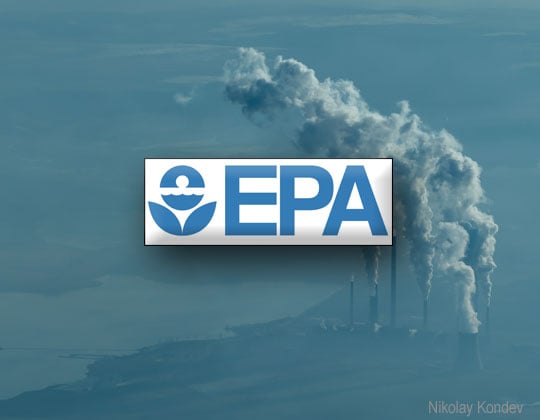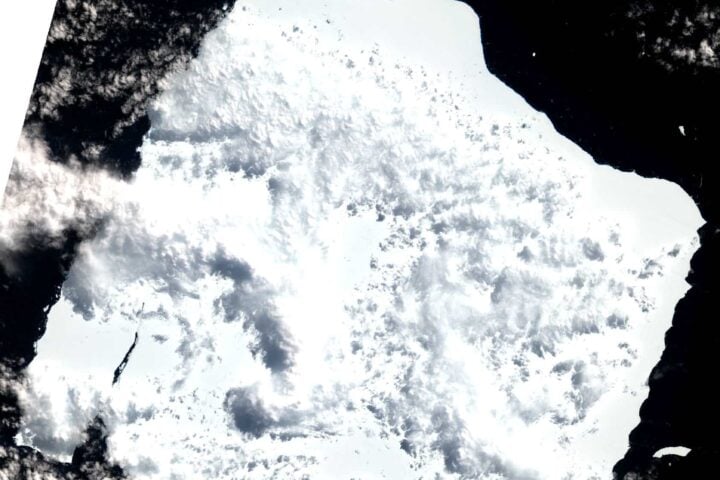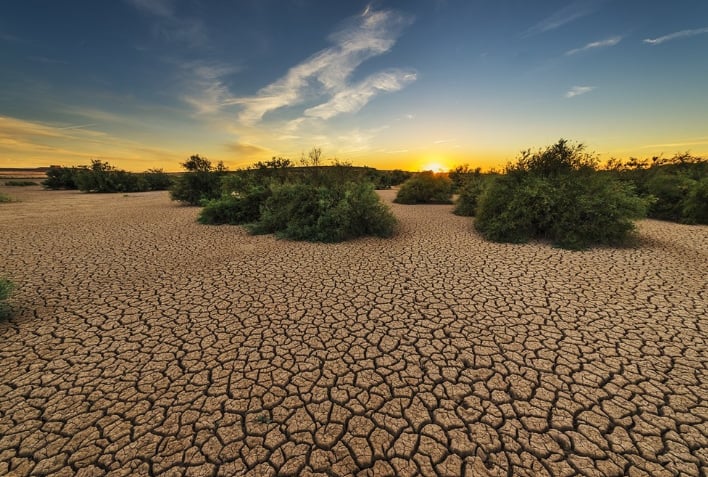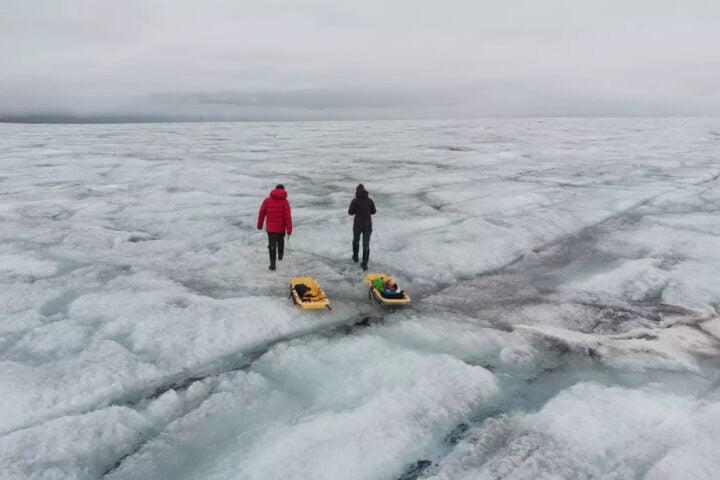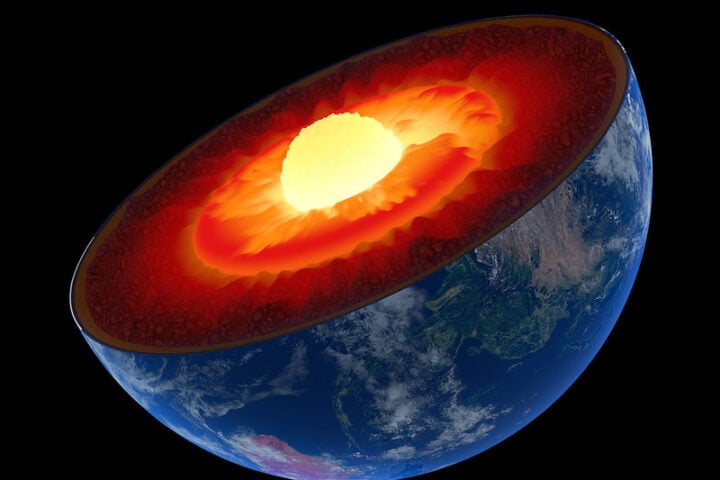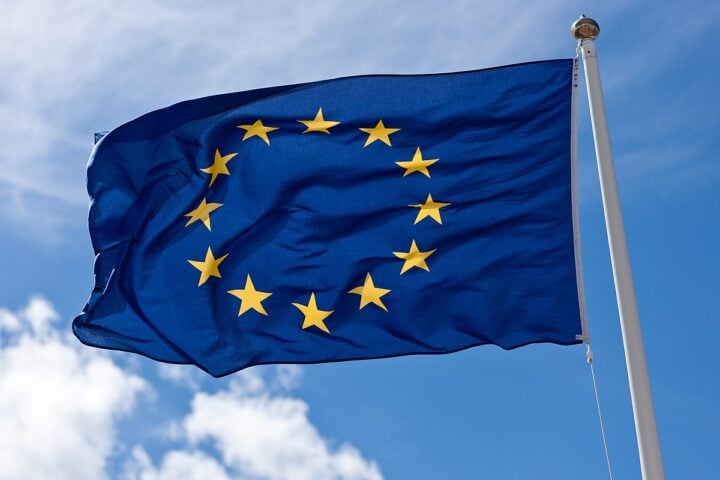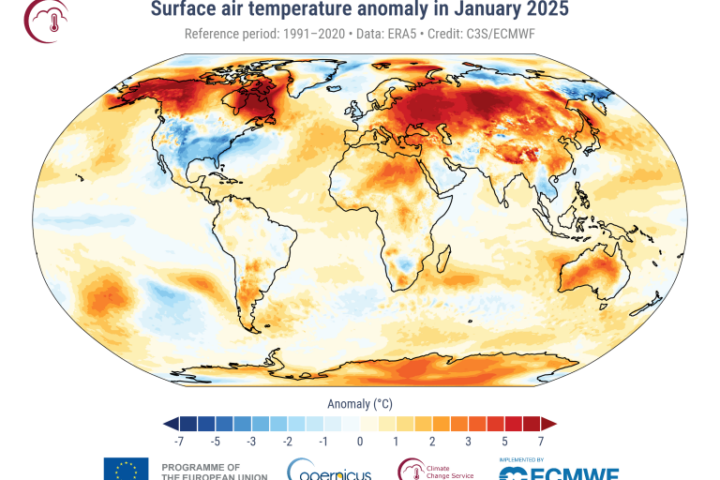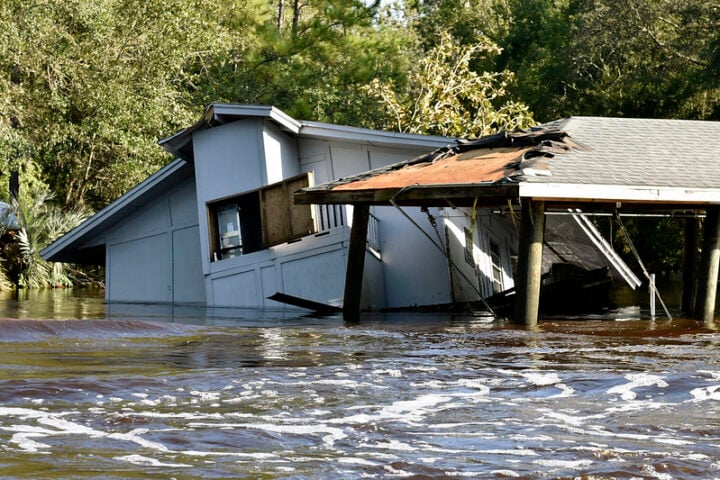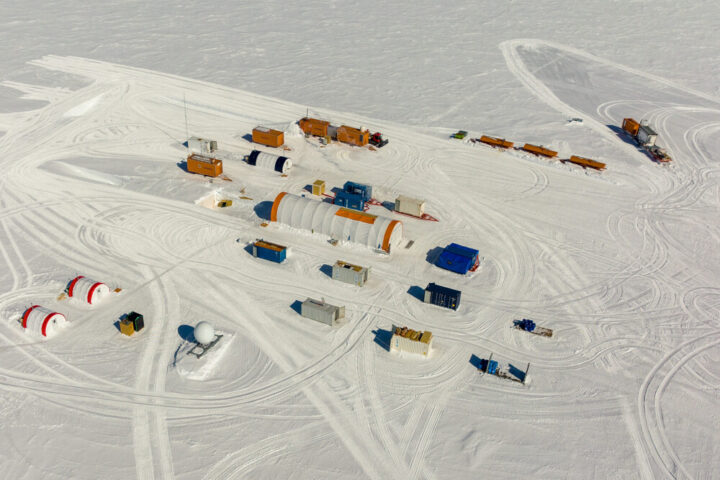The 2023 report by the American Psychological Association and ecoAmerica meticulously dissects the intricate web where climate change intersects with the mental health of children and youth, highlighting a spectrum of impacts and potential responses. “Since the 2021 report, concerns regarding the mental health impacts of climate change have amplified among scientists, health professionals, policymakers, and the public,” notes APA CEO Arthur C. Evans Jr., Ph.D., emphasizing the escalating urgency of addressing these issues. The report emphasizes that climate change poses not only physical threats but also significant risks to mental health. It can lead to short-term trauma and longer-term mental health issues, including posttraumatic disorders. Furthermore, it affects the emotional well-being of younger generations, even from before birth.
Interconnected Factors Amplifying Youth Mental Health Threats
A myriad of factors, including parental health, depression, anxiety, suicide rates, racism, housing stability, access to proper nutrition, poverty, and healthcare intertwine with the impacts of climate change, lowering the threats to youth mental health. The acute and long-term mental health challenges stemming from climate change. In the absence of adequate interventions, these events can also result in numerous long-term mental health issues, such as trauma and PTSD. Children, due to their reliance on parents and caregivers for support, are particularly susceptible to these challenges. The report highlights that prenatal exposure to the effect of climate change can disrupt normal development, potentially leading to irreversible effects on physiological functions, cognitive capabilities, and emotional aptitudes.
Prenatal and Childhood Exposure to Climate Impacts
Children who experience prenatal exposure to weather-related disasters and maternal anxiety are at risk for a spectrum of various dysfunctions, including developmental regression, anxiety, depressive disorders, and psychiatric issues in their later years. The report illuminates those infants and children, when exposed to climate change impacts like extreme weather events, heat, displacement, and poor air quality, can result in a range of challenges, including anxiety, sleep troubles, PTSD, decline in learning abilities, and major depressive disorder. Furthermore, this issue can escalate into more complex and challenging problems as the child matures. Adolescents and young adults, amidst significant neural and cognitive development, are susceptible to the mental health effects due to climate change, high temperatures, or indirect climate effects, which can manifest as impaired cognition, depression, climate anxiety, and elevated risk of suicide.
Advocating for Systemic Solutions and Community Resilience
The report emphasizes the significance of systemic-level solutions, such as transitions to clean energy and sustainable agriculture, and systems-level changes are crucial for enhancing community resilience, especially when it comes to children’s basic needs like nutrition, clean water, stable housing, and safe schools are imperative to mitigate the mental health consequences of climate change on children. Additionally, the report underlines the need for policies and programs that expand access to mental health care to support children and youth as climate impact continues to rise. “Most Americans agree that we have a moral obligation to ensure a safe and healthy climate for children and future generations,” the report asserts, advocating for immediate, collective action.
Similar Posts
Schools and Healthcare Systems as Pivotal Intervention Points
The report also highlights the importance of community solutions, including prevention, early detection, and climate action plans, especially those that cater to children and vulnerable communities. Creating a safe environment for child development requires community involvement in planning, improving both physical infrastructure and encouraging youth participation in these efforts to enhance their mental health, foster social connections, and reduce anxiety. Schools, as pivotal intervention sites post-disaster, could expand their capacity to prevent and address the mental health impacts of climate change, involving students and parents in ensuring resilient infrastructures and bolstering social environments.
Integrating climate change education into the curriculum, alongside hands-on environmental protection initiatives, is vital. Empowering children with knowledge about their actions can significantly mitigate climate-related mental health challenges. Healthcare systems and professionals are strongly encouraged to conduct routine screenings for climate-related distress among children and youth, especially after extreme weather incidents, ensuring prompt interventions to address their mental well-being. Additionally, climate literacy training for health professionals can enhance their ability to provide effective support in these situations.
Voices from the Frontlines and Expert Testimonies
First-hand accounts from affected young people and adults working in allyship with them are interspersed throughout the report, providing a raw and intimate perspective on the lived experiences of those grappling with these issues. Adah Crandall shares her experience of breathing toxic air in middle school and how youth climate activists, despite their young age, are sacrificing their childhoods to advocate for climate action. Hannah Estrada discusses the intricate anxiety experienced by marginalized communities, stemming from systemic violence, chaos, and death. She also underscores the efforts of Youth Vs. Apocalypse in combating injustice. Giselle Perez recounts living through multiple climate impacts by the age of 17 and how her concern for weak emissions reduction goals propelled her to advocate for school district funding to support youth mental health post-climate disasters.
Jasilyn Charger shares her journey of organizing from a young age amidst a toxic environment, including oil-contaminated soil and mass suicides in their Cheyenne River Sioux tribe. Aishah-Nyeta Brown discusses how her connection to nature led her to engage in creative storytelling to help others foster understanding, manage anxiety and grief, and find strength in collective action. Dr. Van Susteren, providing expert testimony in Held v. State of Montana, describes the psychological harm children experience, aggravated by the government’s insufficient action against climate change. Drs. Bekkar and Pandipati describe the evidence of the impacts of climate change on fetal nervous system development, which can lead to a variety of mental disorders and impairments. Dr. Wray discusses the rise of youth activism and the moral injury they feel as they shoulder responsibilities so early in life.
Concluding Notes and a Call to Action
The report, synthesizing results from hundreds of scientific papers, serves as a comprehensive resource for anyone seeking insights into how climate change affects the mental health of children and youth. The authors and editors applied their expertise and judgment to diligently select and rely upon credible source materials with strong evidence of quality which ensured the report’s robustness and reliability. The report’s primary focus is the United States, but it acknowledges that many findings can be relevant to other regions worldwide, underlining the global nature of climate change’s impact on youth mental health.
The report is intended to further inform and empower health and medical professionals, community and elected leaders, and the public to understand and address climate change solutions that support the mental well-being of children and youth. The report emphasizes the importance of creating a safe environment for childhood development by engaging the community in planning which will require bolstering both physical and social infrastructure. The report advocates for policies and programs aimed at expanding access to mental health care, ensuring that children and youth receive the necessary support as climate impacts continue to increase. The report underscores the importance of creating opportunities for young people to get involved, which will benefit their mental health, boost social connection and personal efficacy, and alleviate anxiety.
The report highlights that children within communities that have been often marginalized due to factors like race and economic status are more likely to be exposed to extreme weather events and have fewer resources for coping, accentuating the need for targeted support. The report stresses the importance of acknowledging that the underlying social and environmental determinants of mental health are intertwined and exacerbated by climate change, reinforcing the need for comprehensive strategies to address these intersecting challenges. The report emphasizes the importance of prioritizing children and youth, who are among the most vulnerable, in climate policies. This focus is aimed at ensuring justice and equity throughout climate mitigation and adaptation efforts. The report concludes with a resounding call to action, urging nations, governments at all levels, organizations, communities, and individuals to take immediate action to address the climate crisis. It emphasizes the need to support children and youth to secure a future in which they can not only survive but also thrive.
